Federal Court orders Iranian refugee be granted Swiss citizenship
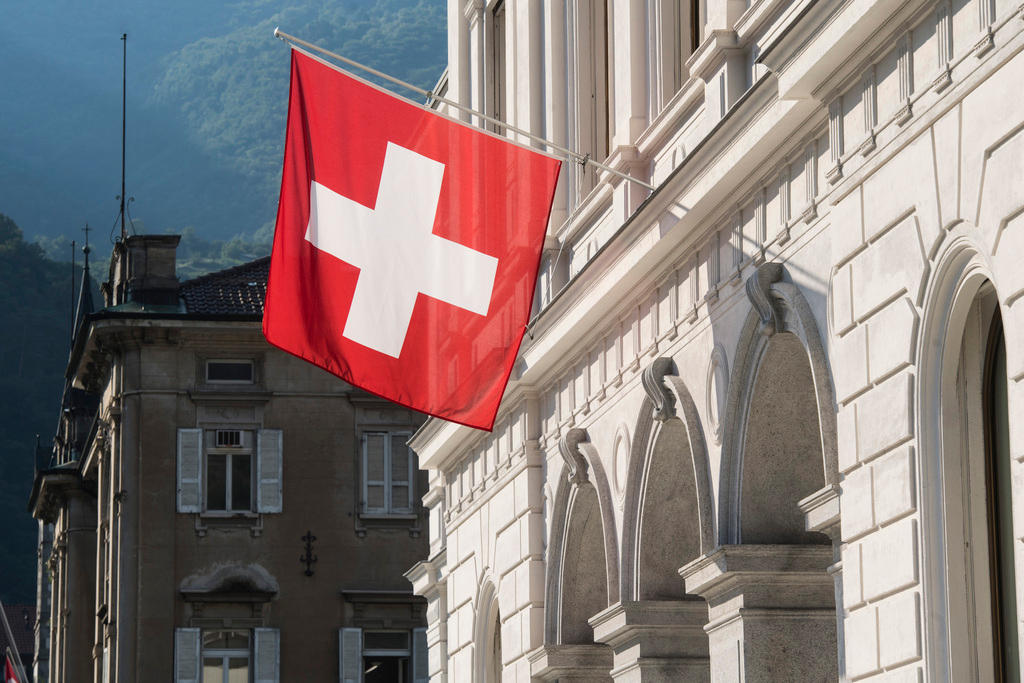
Switzerland’s highest court has sided with an Iranian refugee seeking Swiss citizenship after his requests for naturalisation were rebuffed at the local level. He can now become Swiss.
In an exceptional case, the Federal Court ordered the commune of Trimmis in canton Graubünden to grant Swiss citizenship to an Iranian refugee, reversing the decision of the cantonal court and city parliament. Since arriving in Switzerland in 1989, the man’s request for citizenship has been denied two times by the city government.
The Lausanne-based Federal Court made the ruling on Monday. The decision overturns a verdict from the Graubünden cantonal court, which had confirmed the city parliament decision denying the man citizenship in November 2016.
The higher court rejected the lower court’s ruling saying the local government’s decision had been arbitrary. It argued the plaintiff had exercised legitimate rights before the court and that given the circumstances – including the length of the proceedings and the types of criticisms made by some members of the city parliament – citizenship should be granted.
The formal refusal communicated to the plaintiff regarding his naturalisation application mentioned that he was not well-integrated into social life in the community, noting that he did not participate in local clubs and events, and his knowledge of local customs was insufficient.
The Federal Court noted these objections were not made during the discussions by the city government. Instead, it focused on issues irrelevant to the criteria for naturalisation, such as the reputational fall out for the canton and the applicant’s decision to take the issue to court.
The plaintiff, a taxi driver, has lived in Trimmis for nearly 30 years. In 2012, he filed the first application for naturalisation for himself and his daughter. His daughter’s request was accepted without issue.
The naturalisation process in Switzerland requires that foreigners with no direct blood ties to Switzerland through either birth or marriage must live in the country for at least ten years before they can apply for citizenship.
Naturalisation procedures vary considerably from one commune or canton to another with some leaving the naturalisation decision up to the communal assembly.
According to the State Secretariat for Migration, there were 18,088External link applications for asylum in Switzerland at the end of 2017 and 6,360External link people were granted asylum.

In compliance with the JTI standards
More: SWI swissinfo.ch certified by the Journalism Trust Initiative
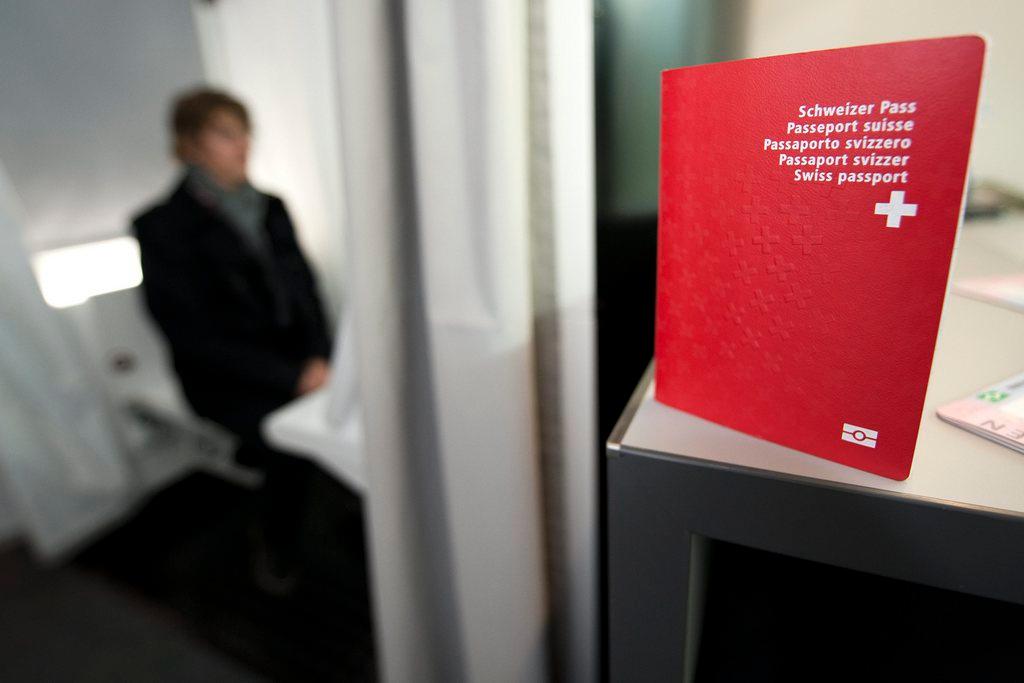
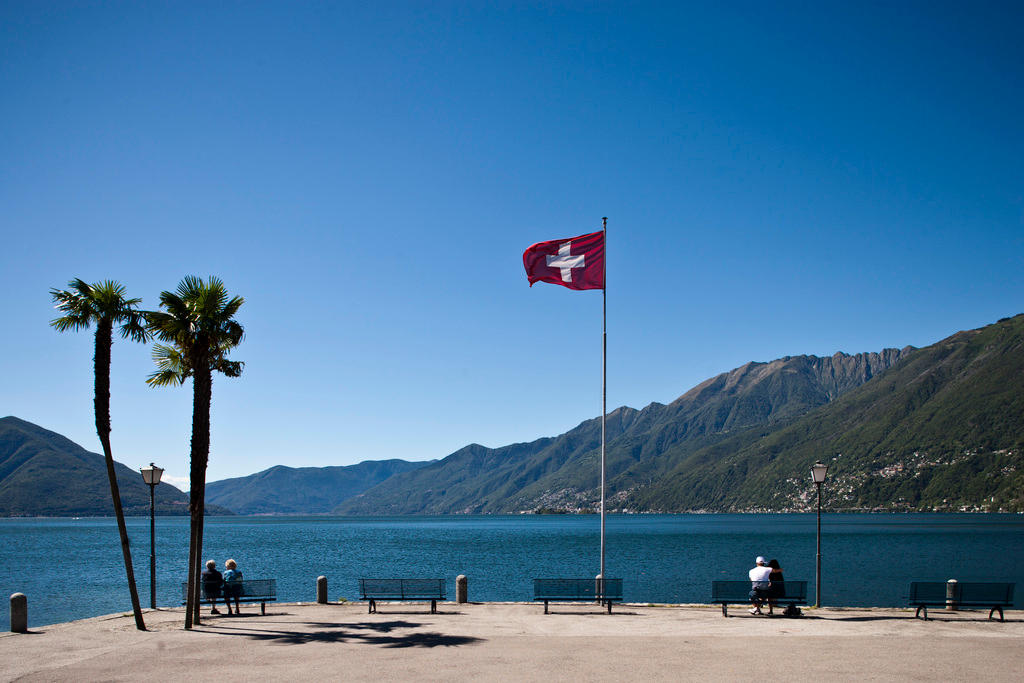

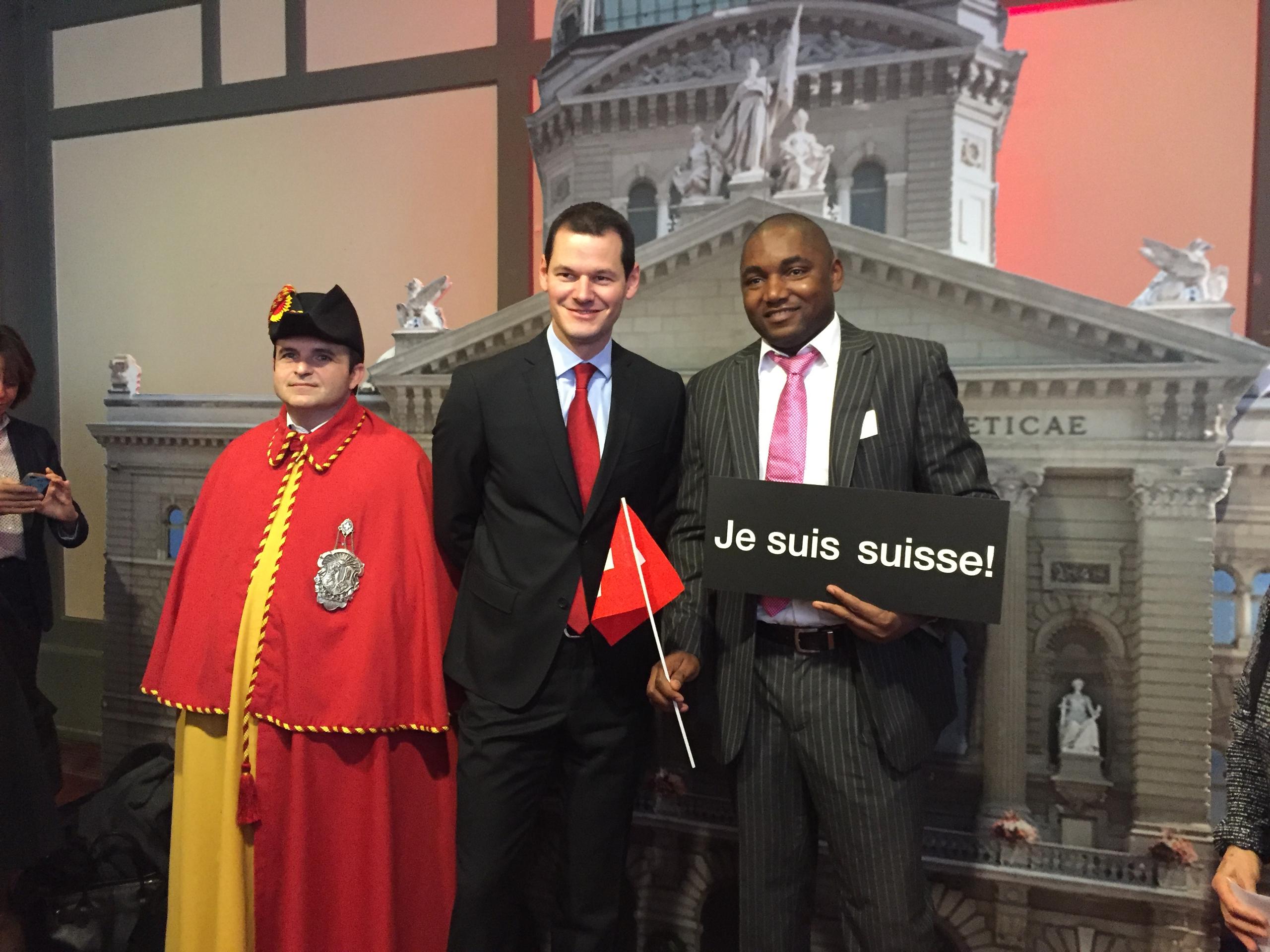
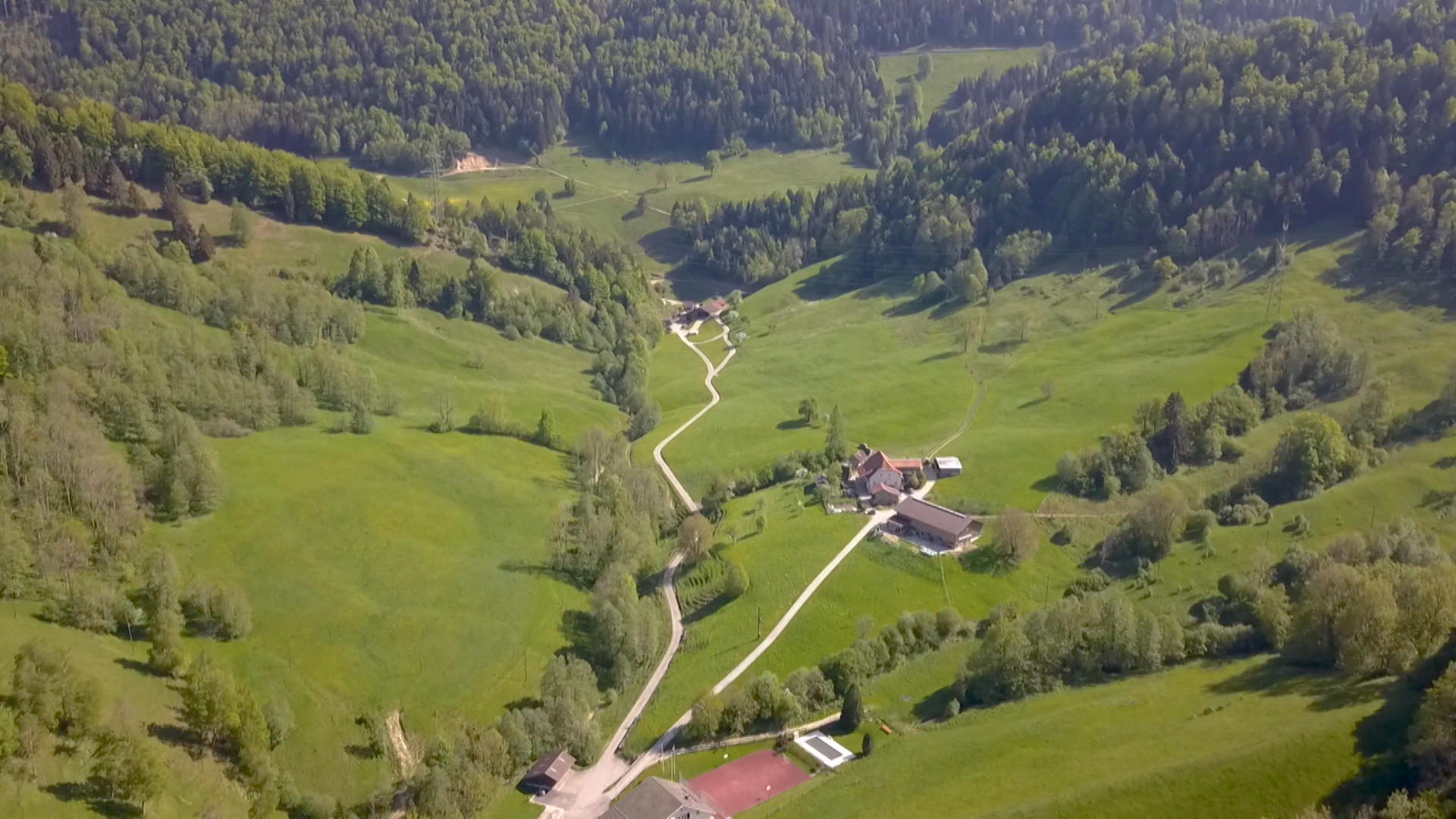
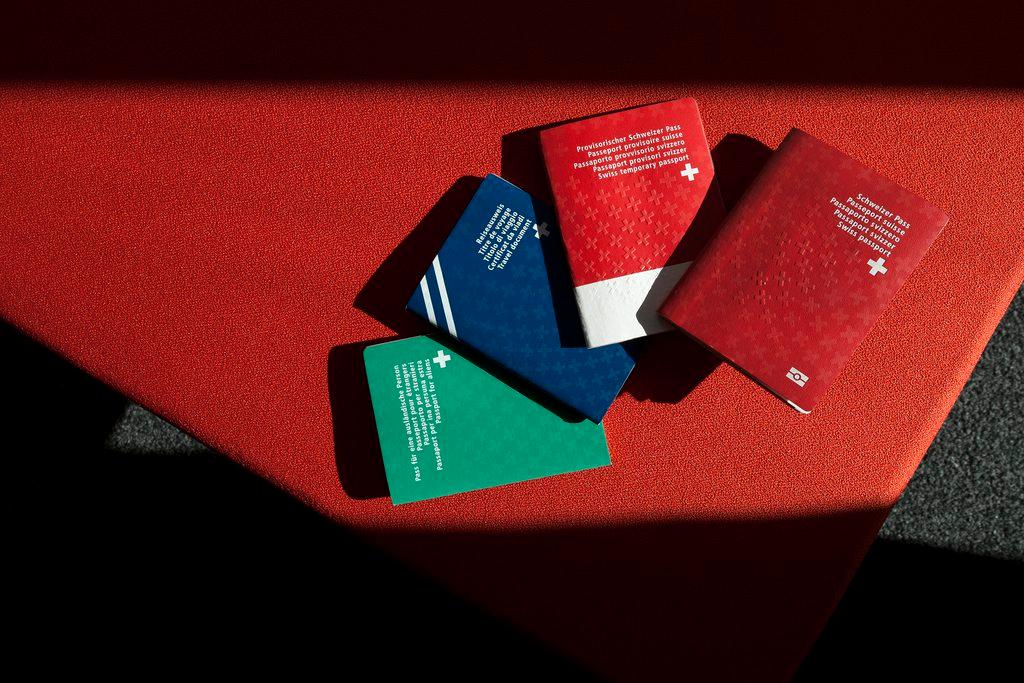
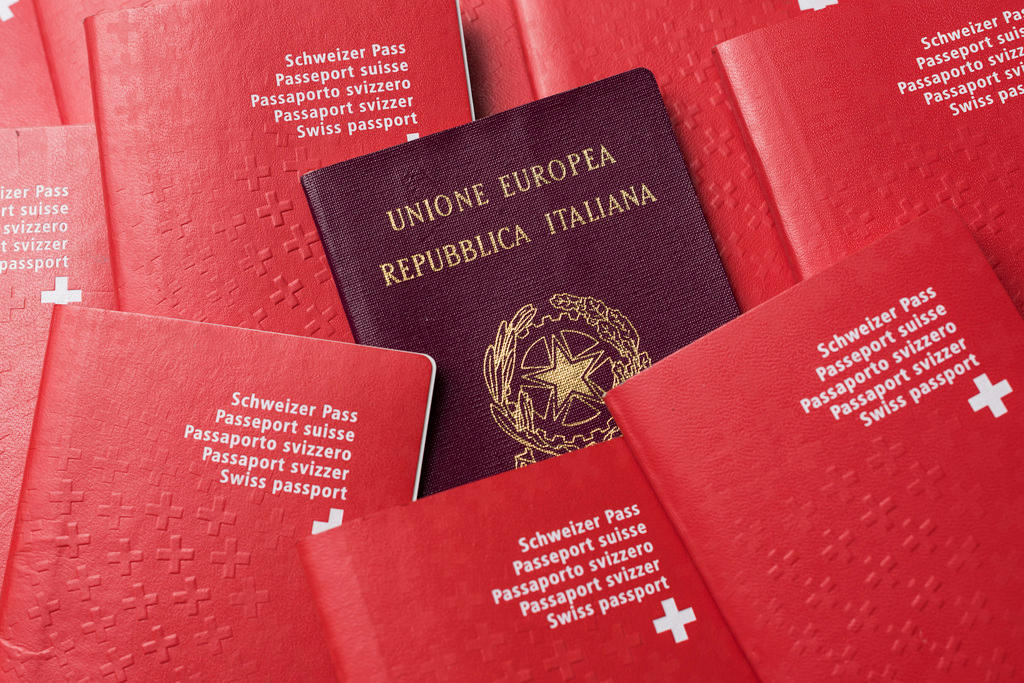
You can find an overview of ongoing debates with our journalists here. Please join us!
If you want to start a conversation about a topic raised in this article or want to report factual errors, email us at english@swissinfo.ch.